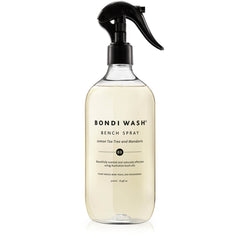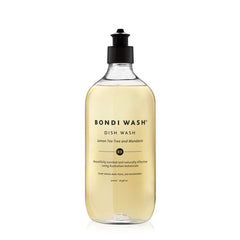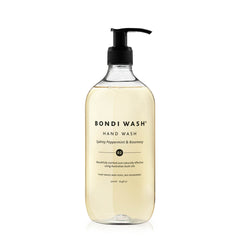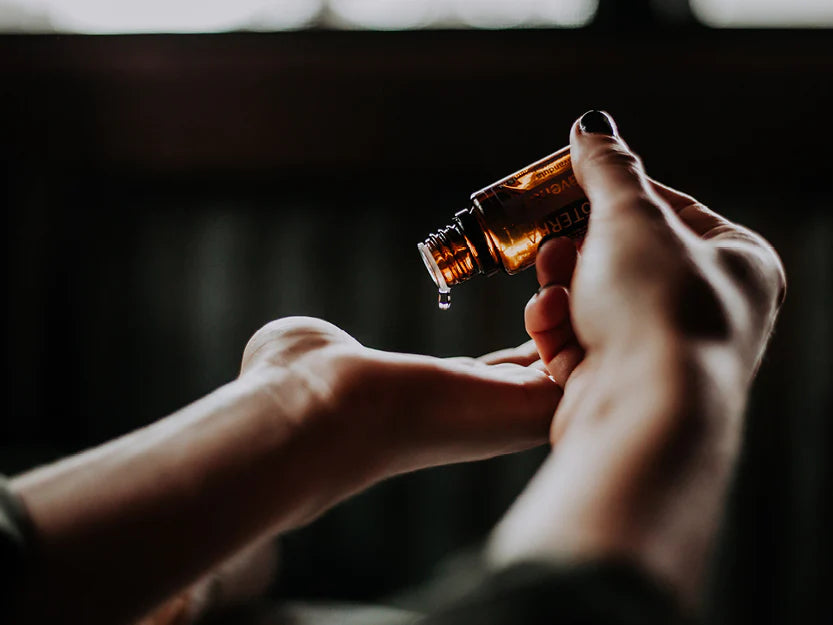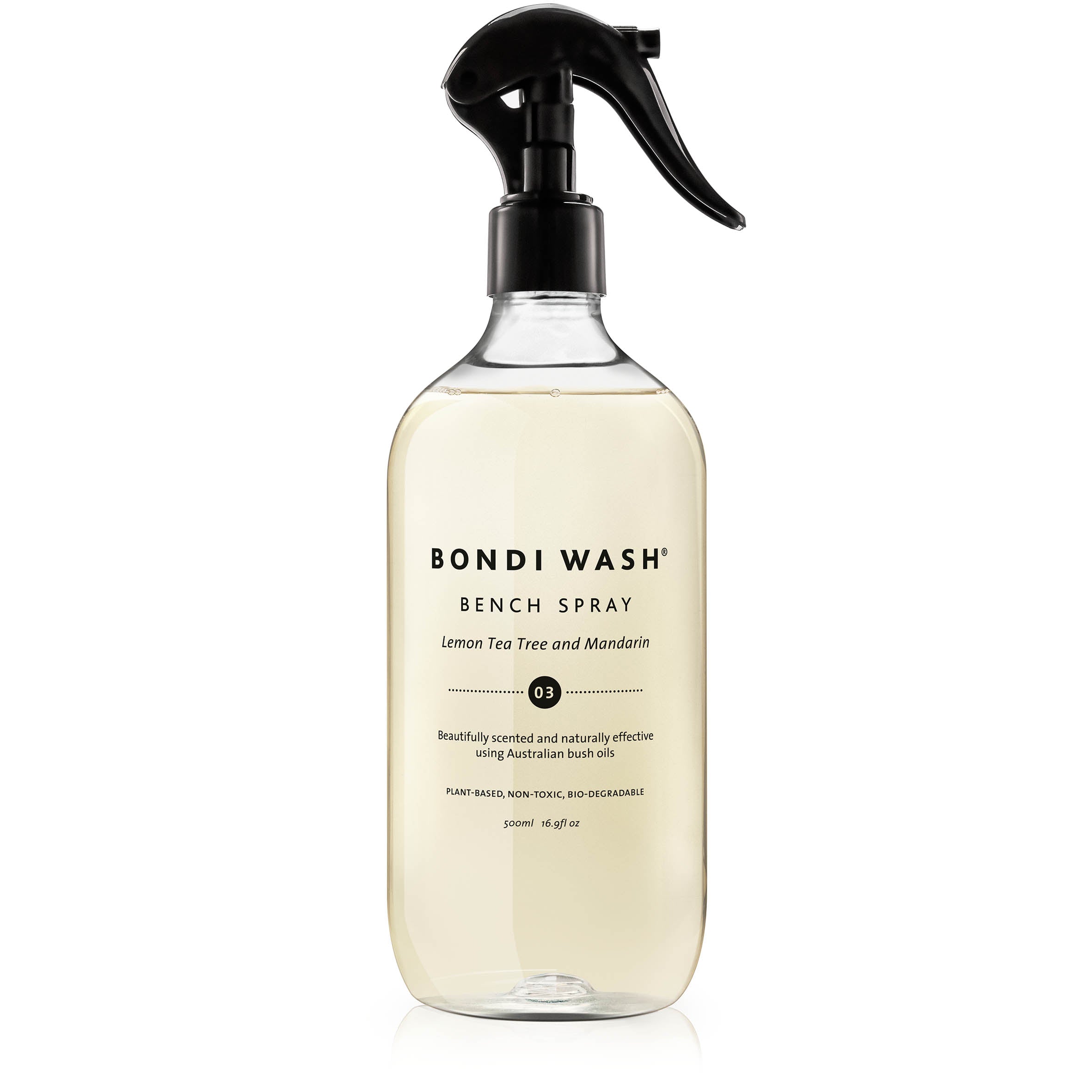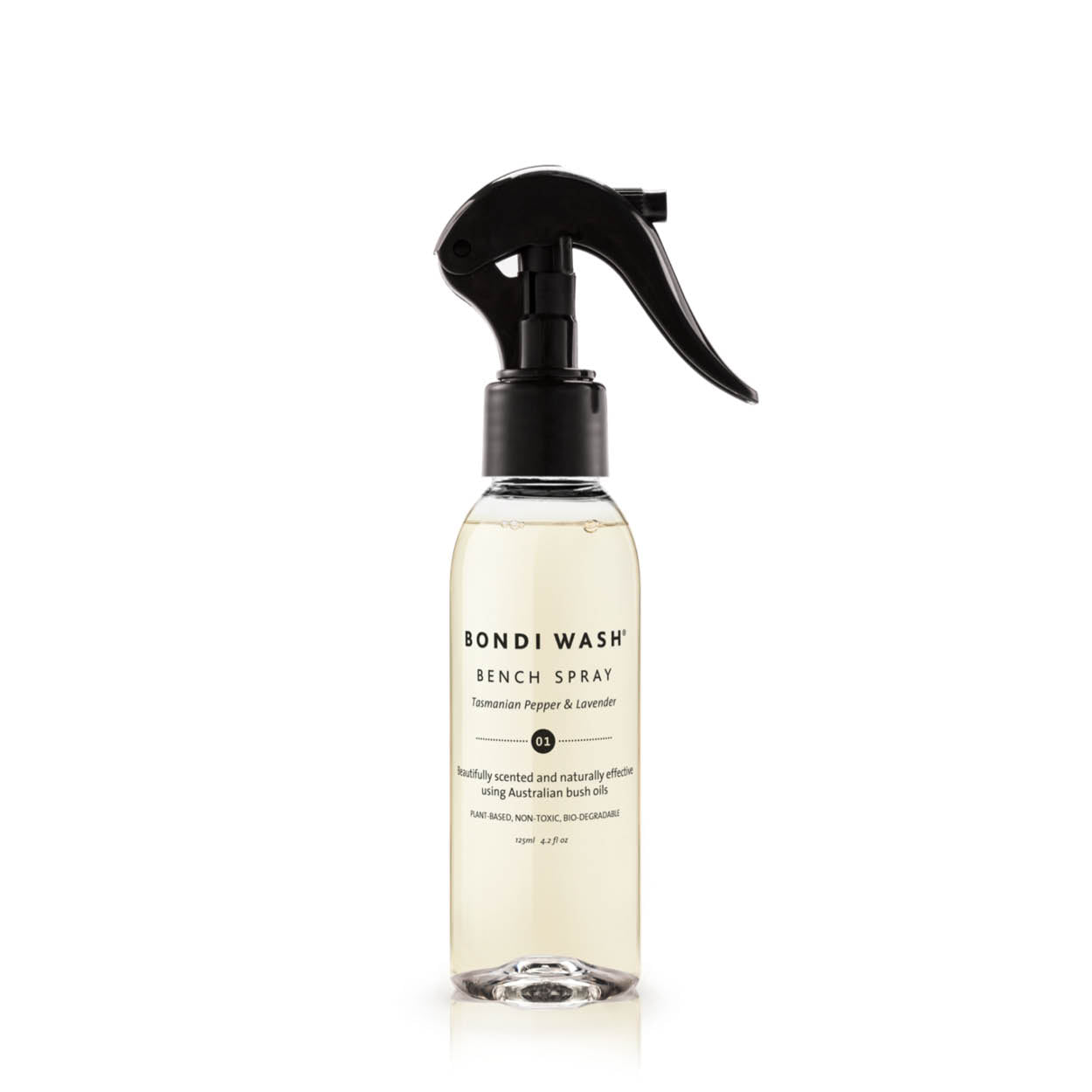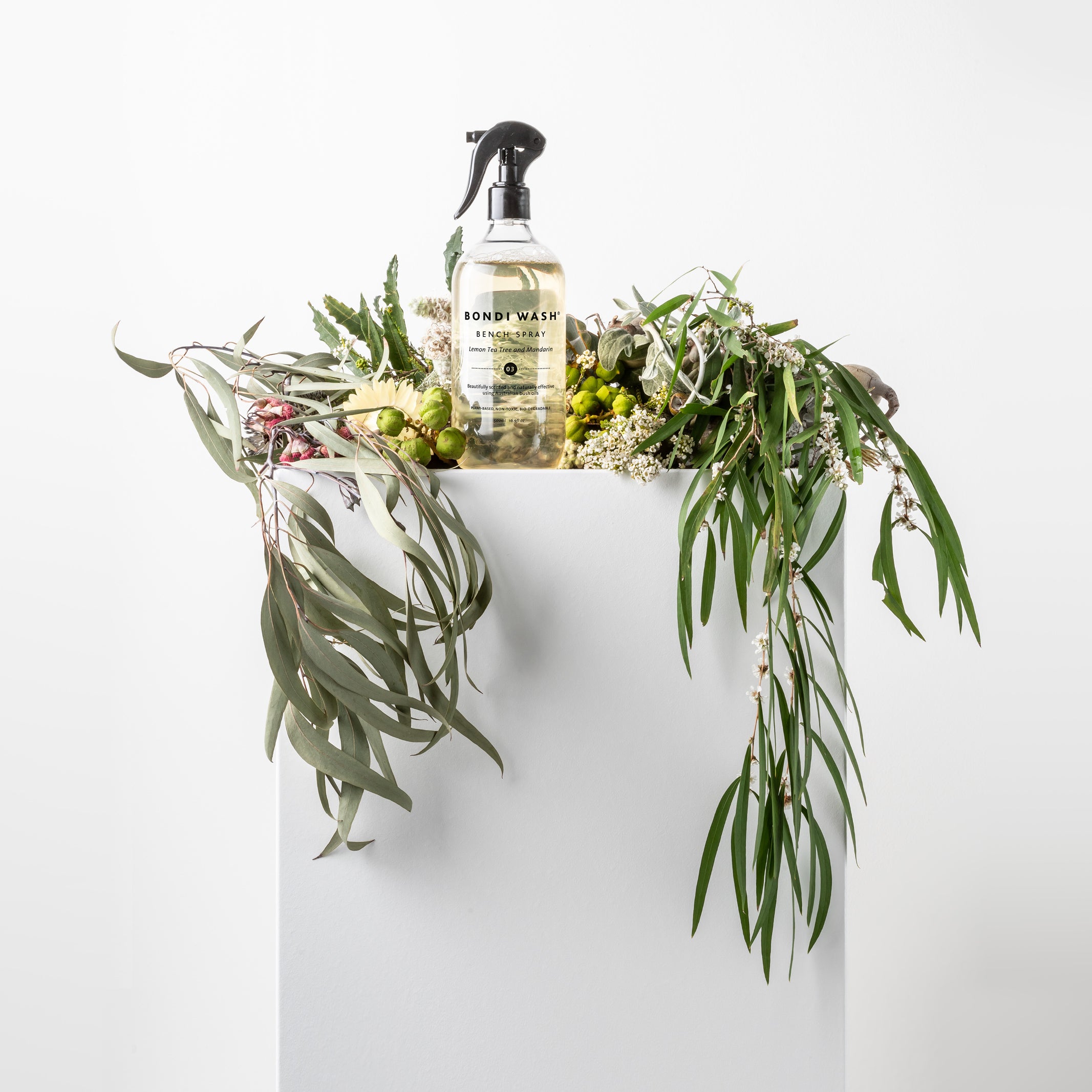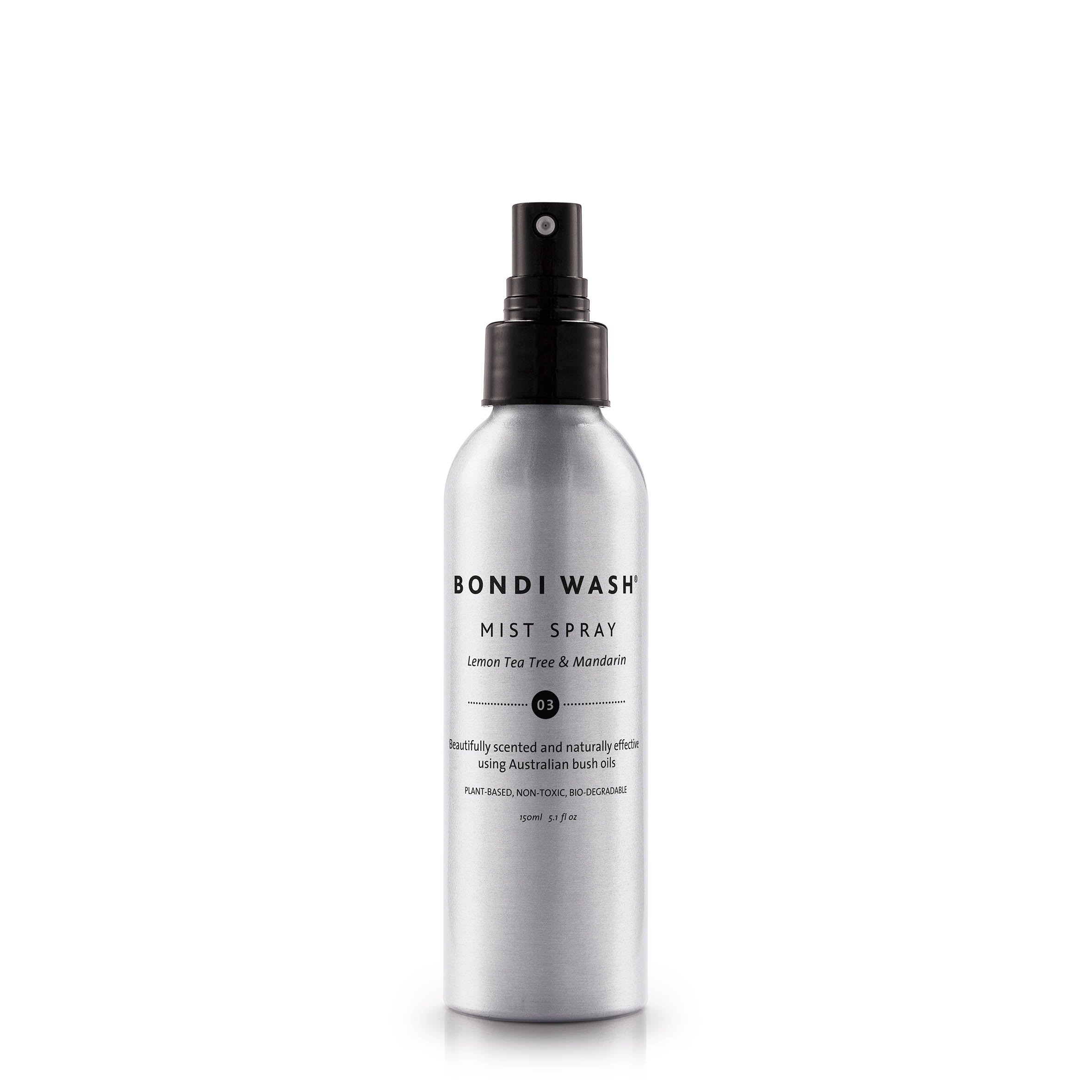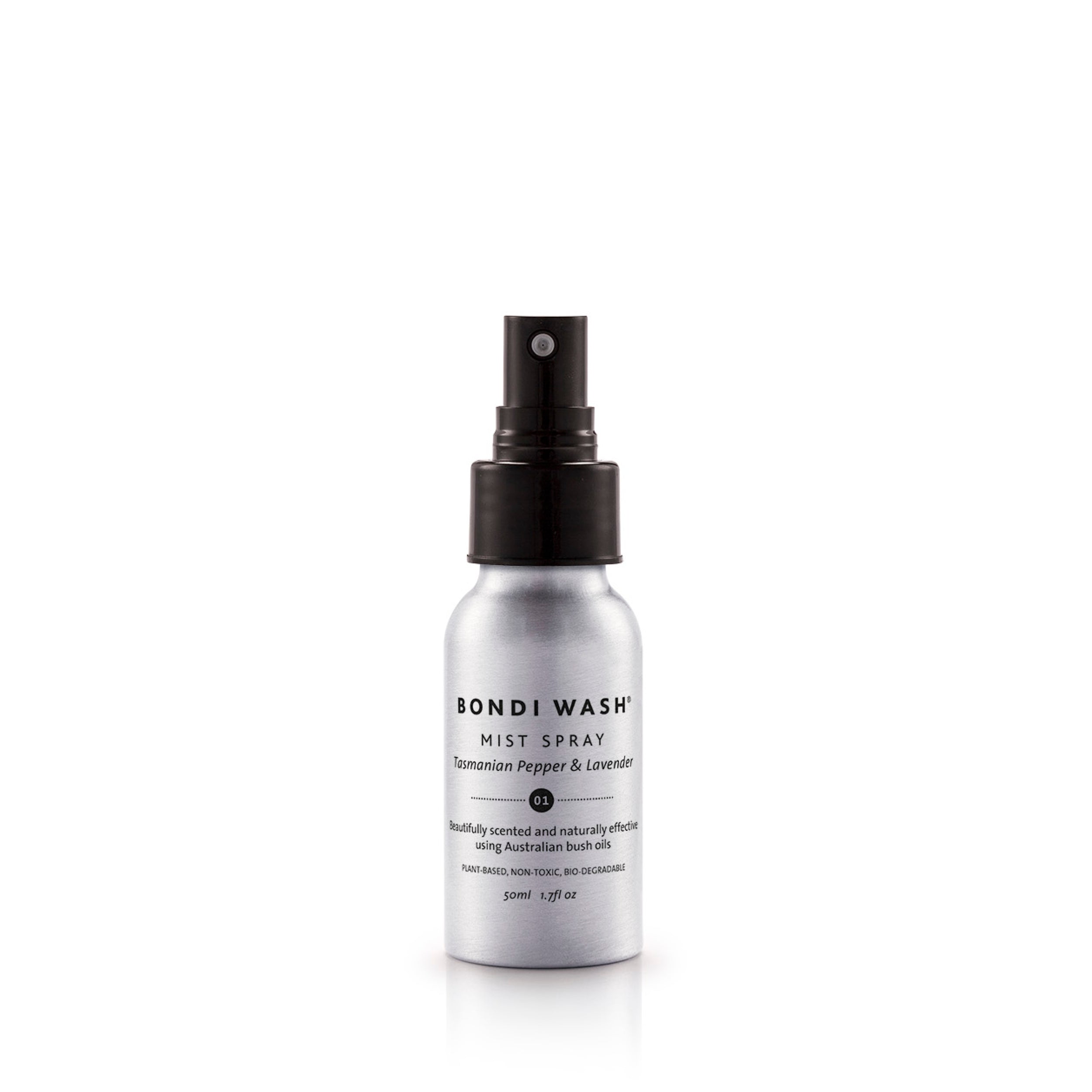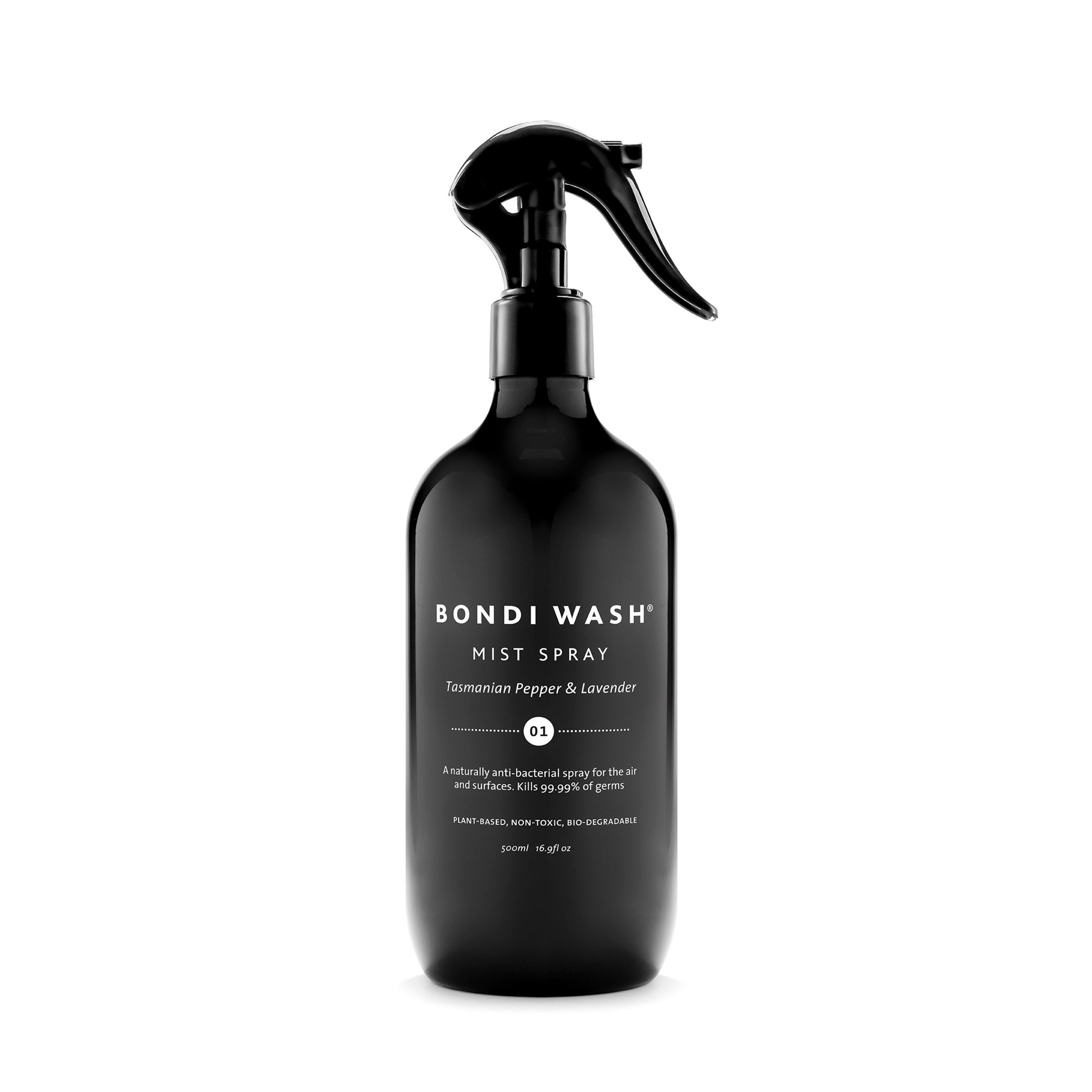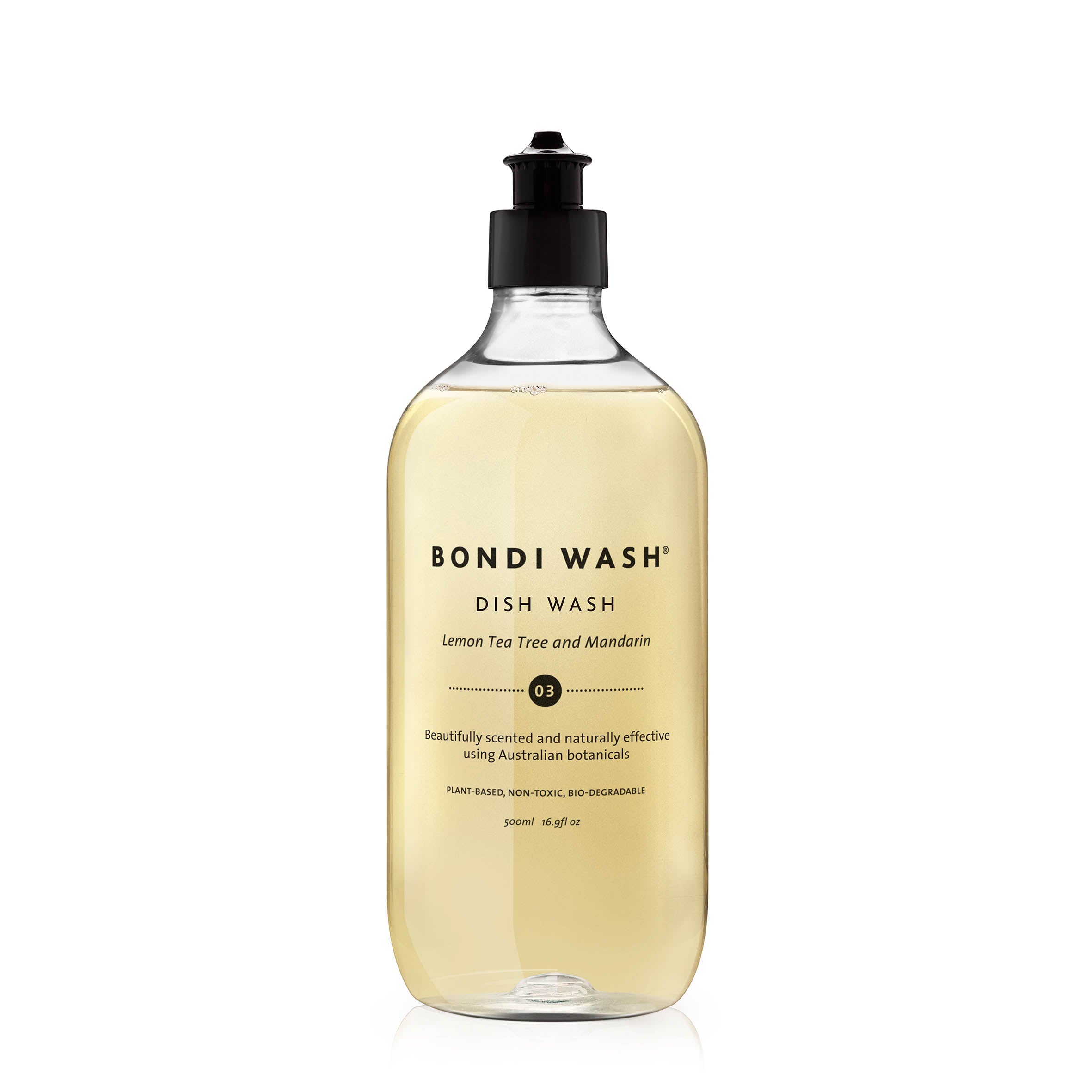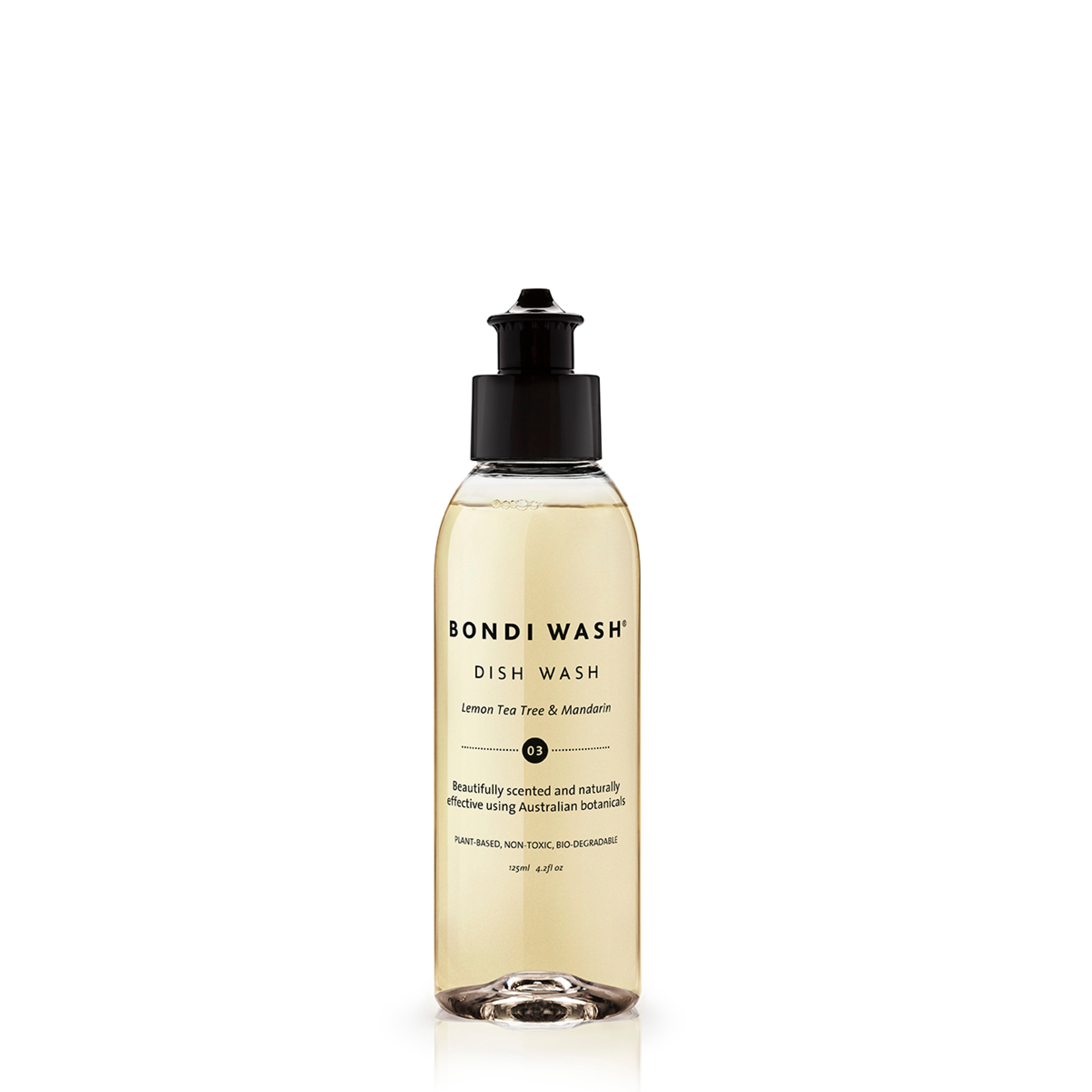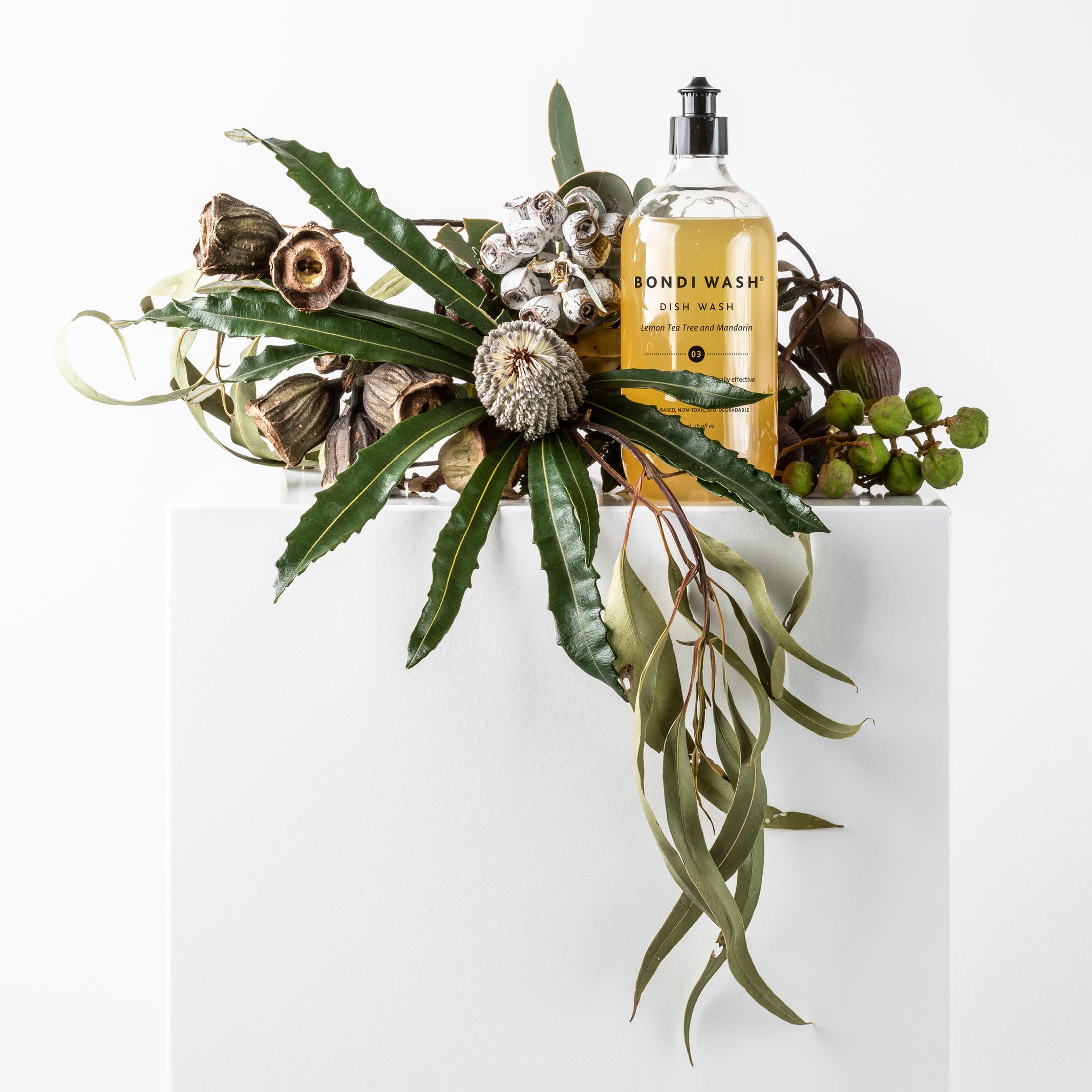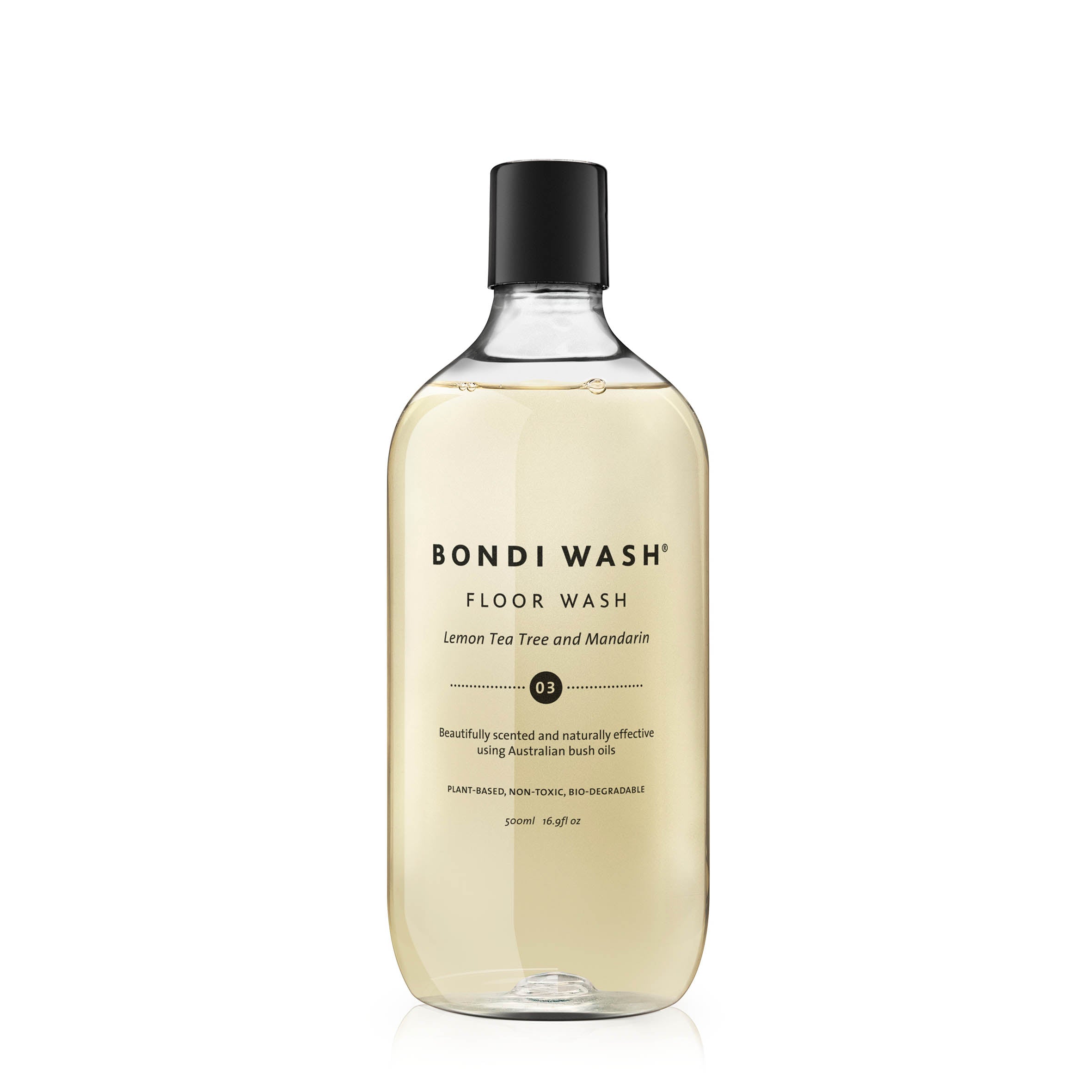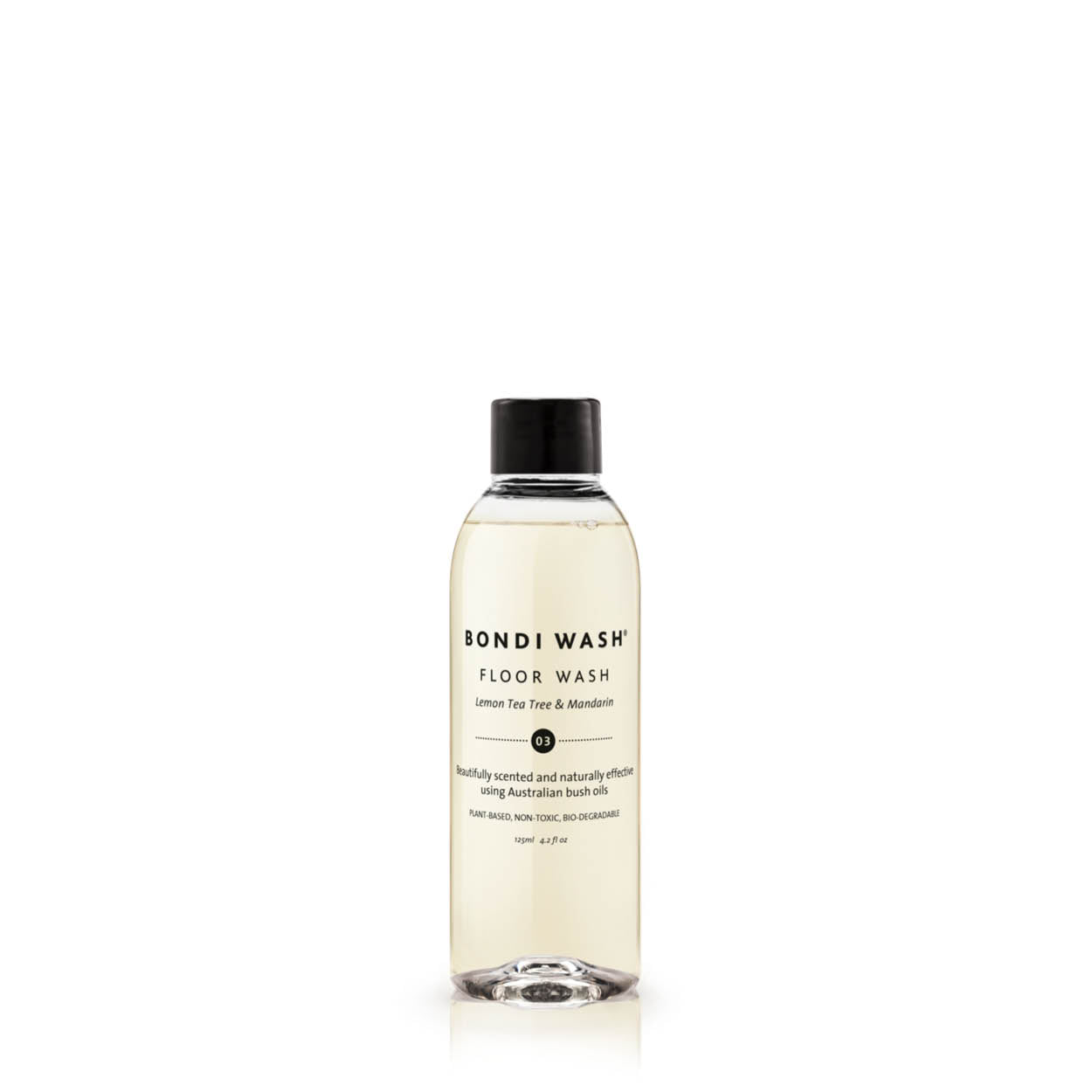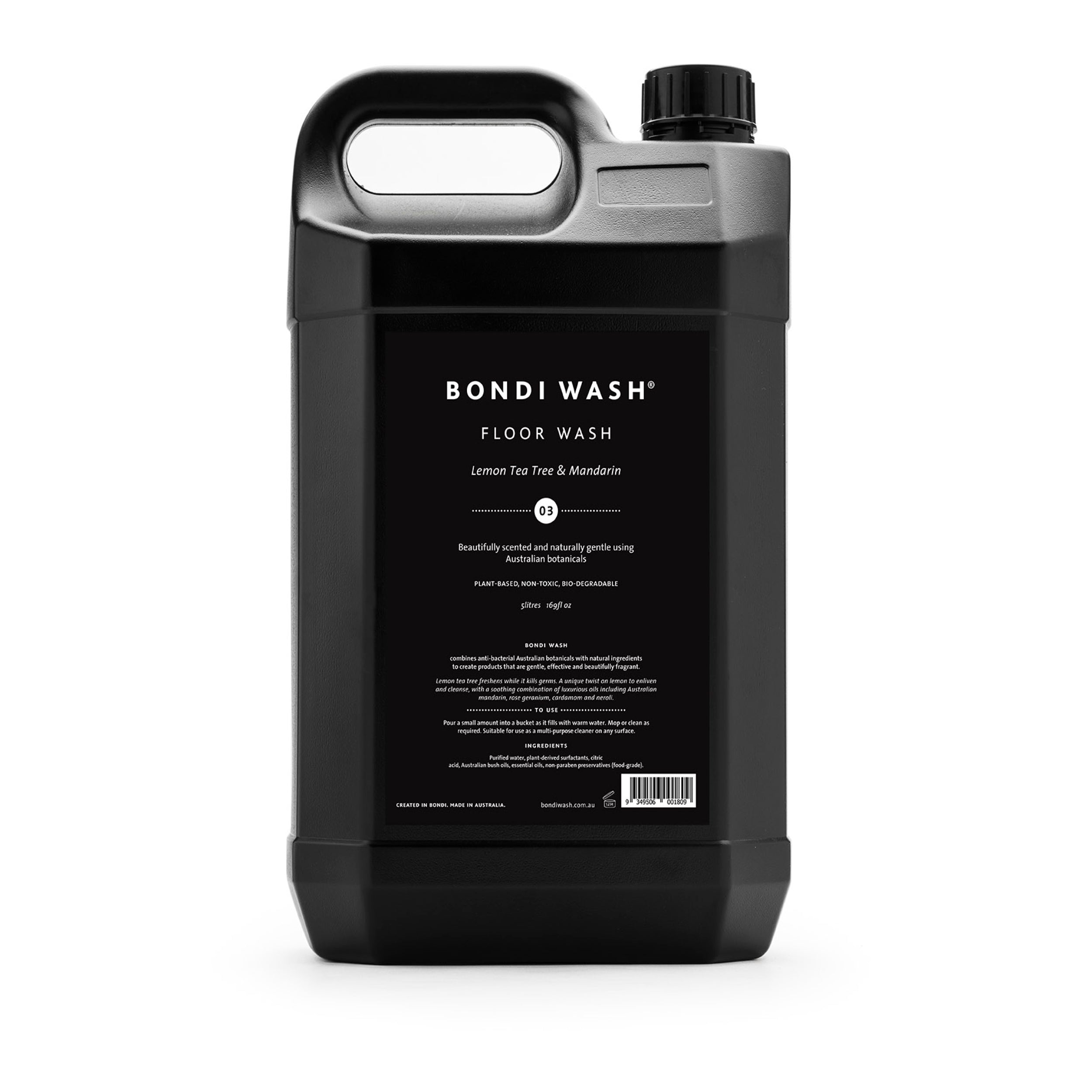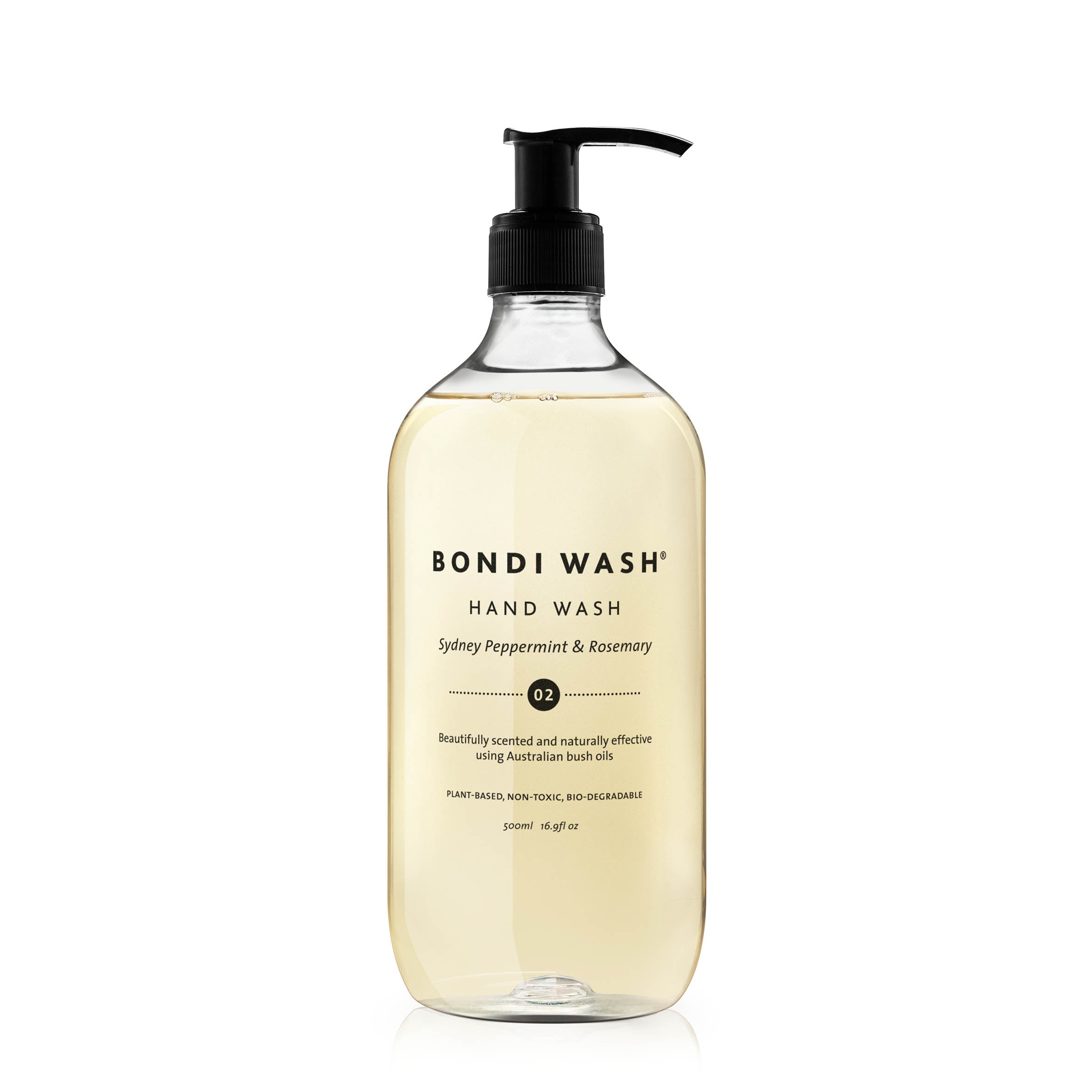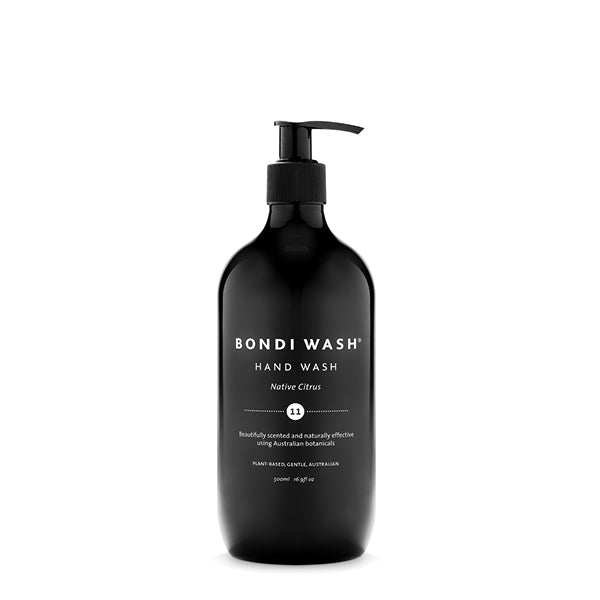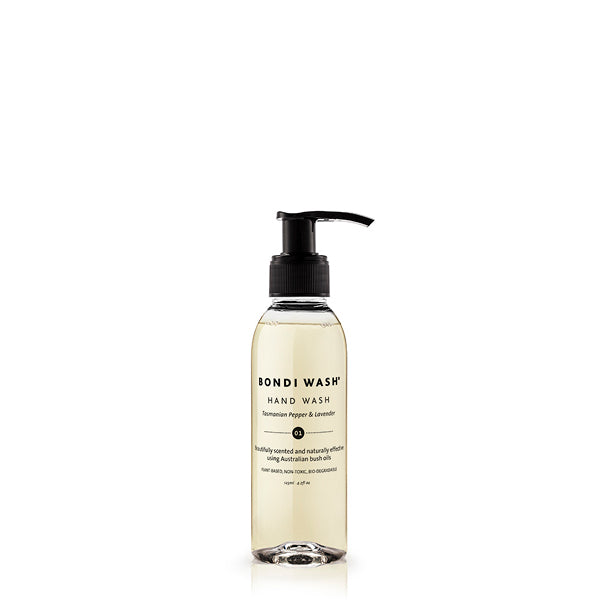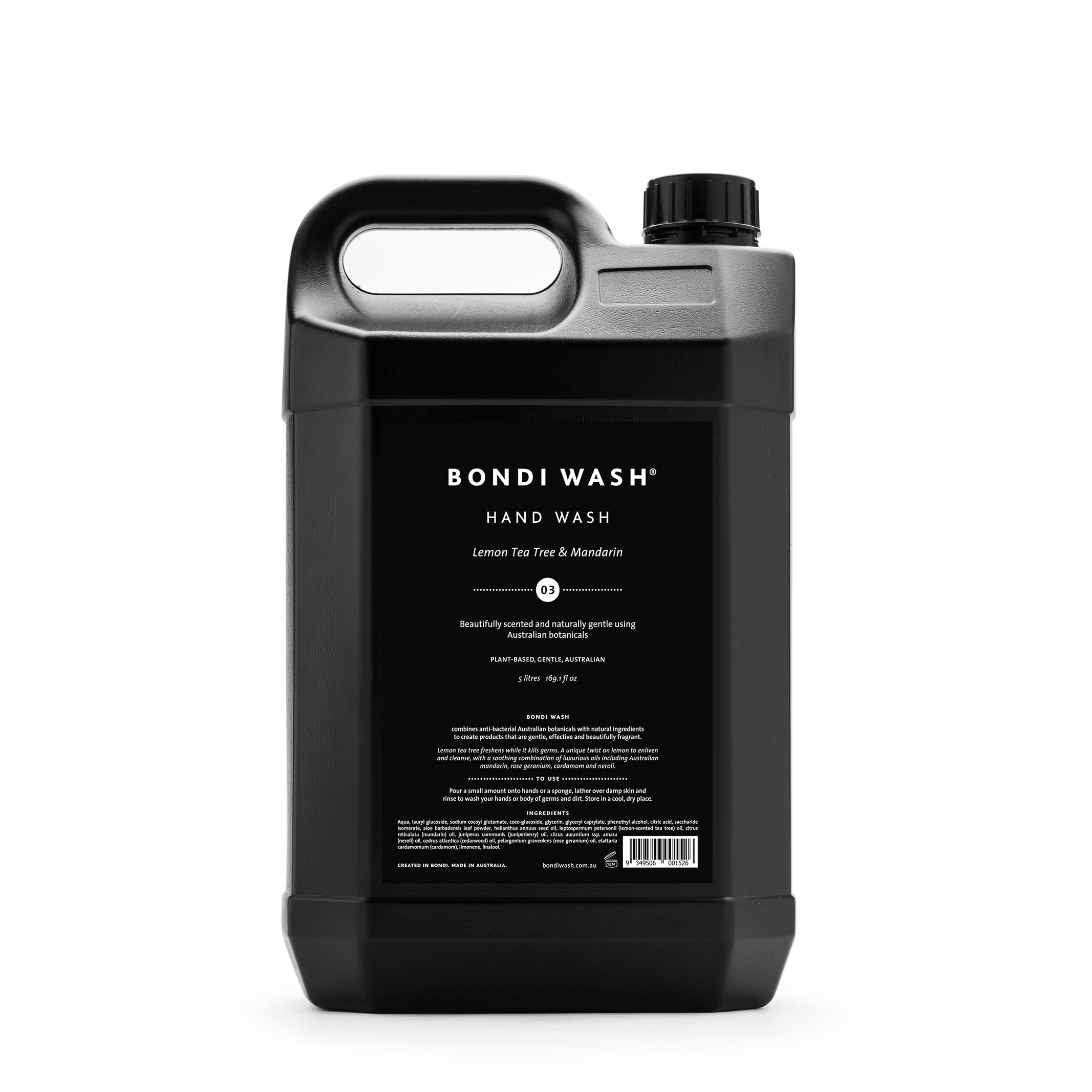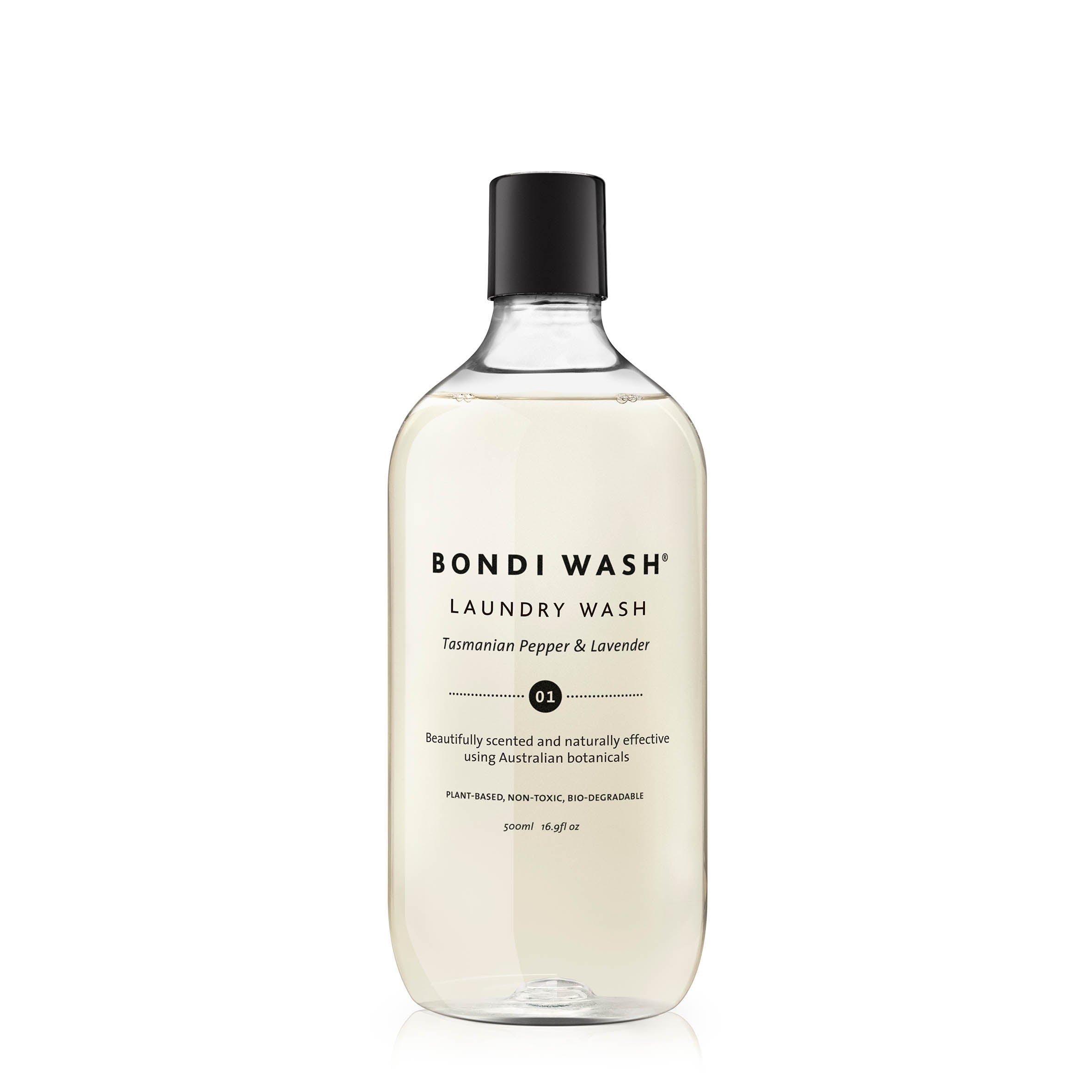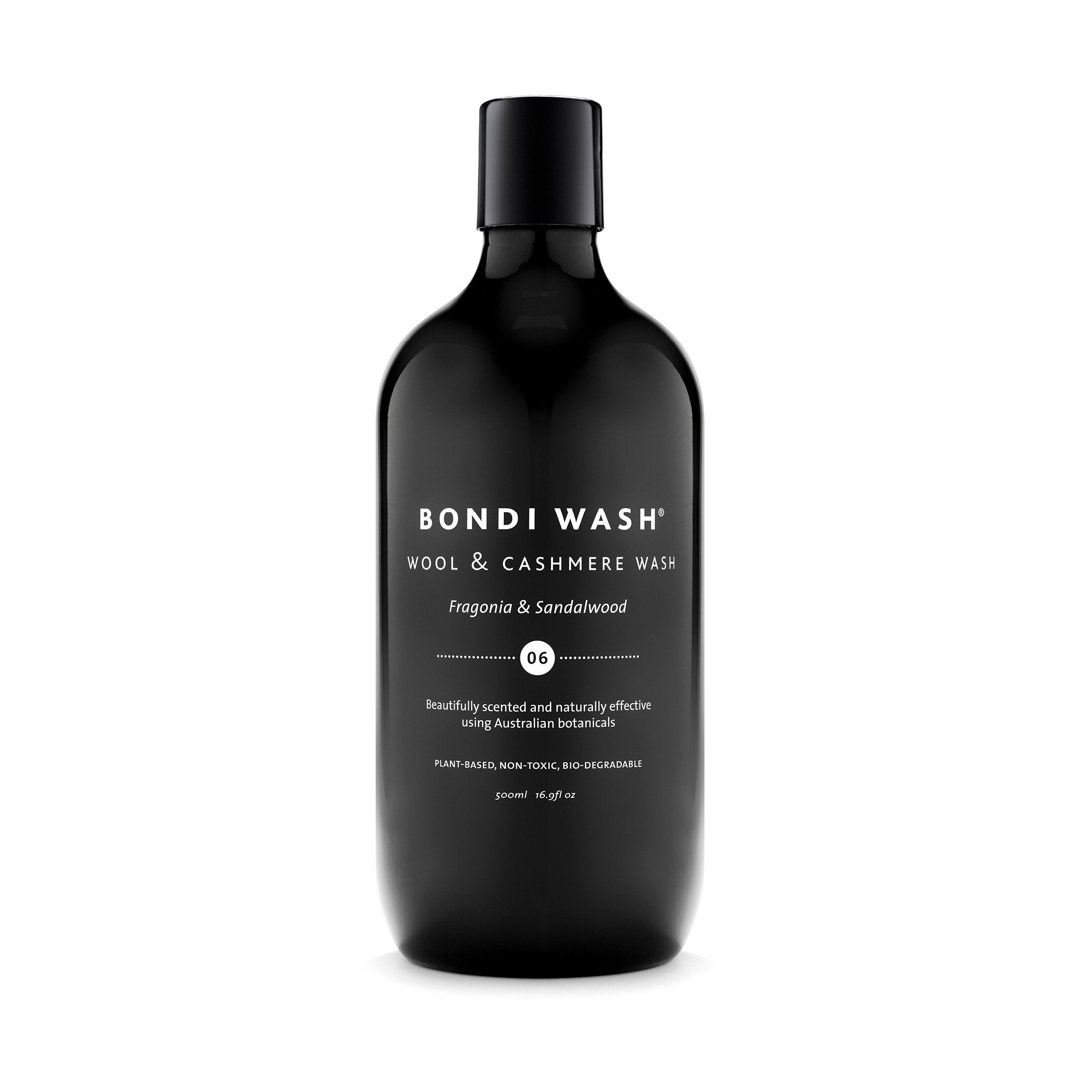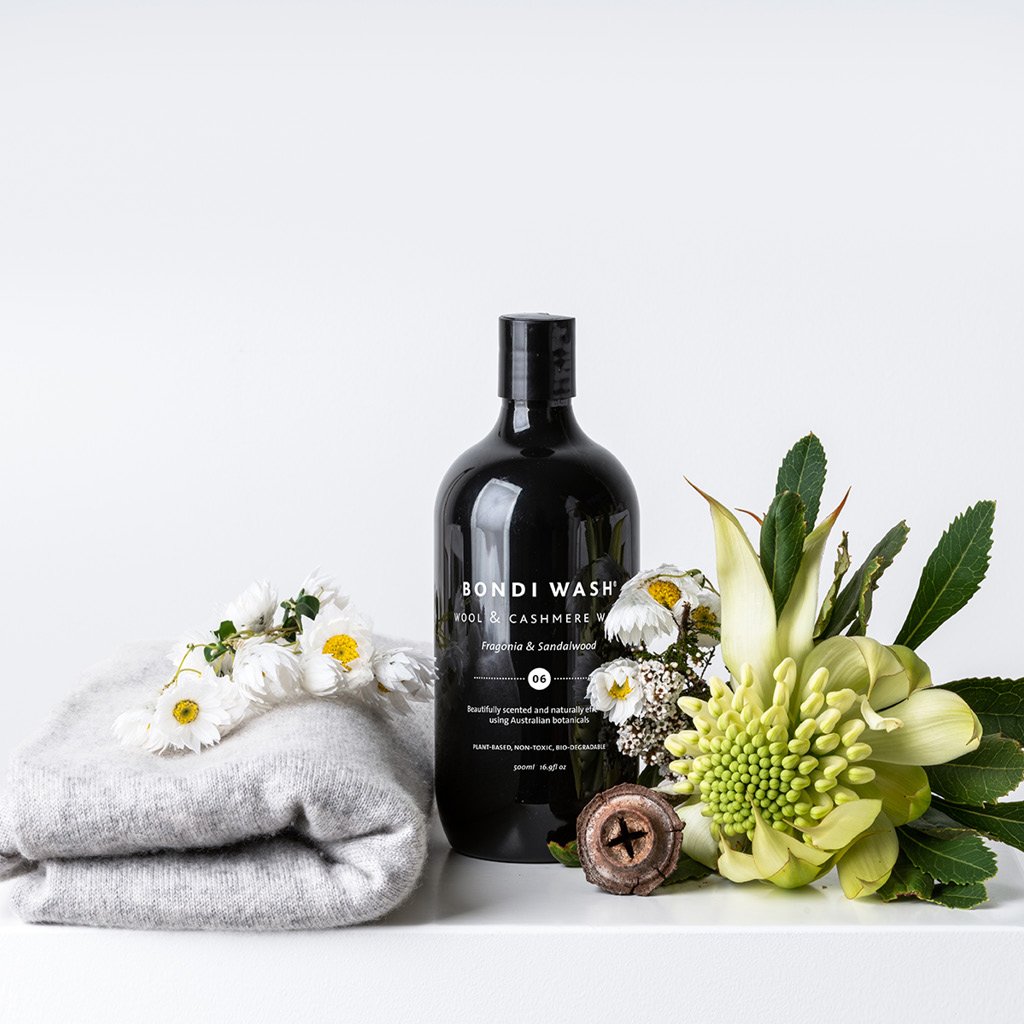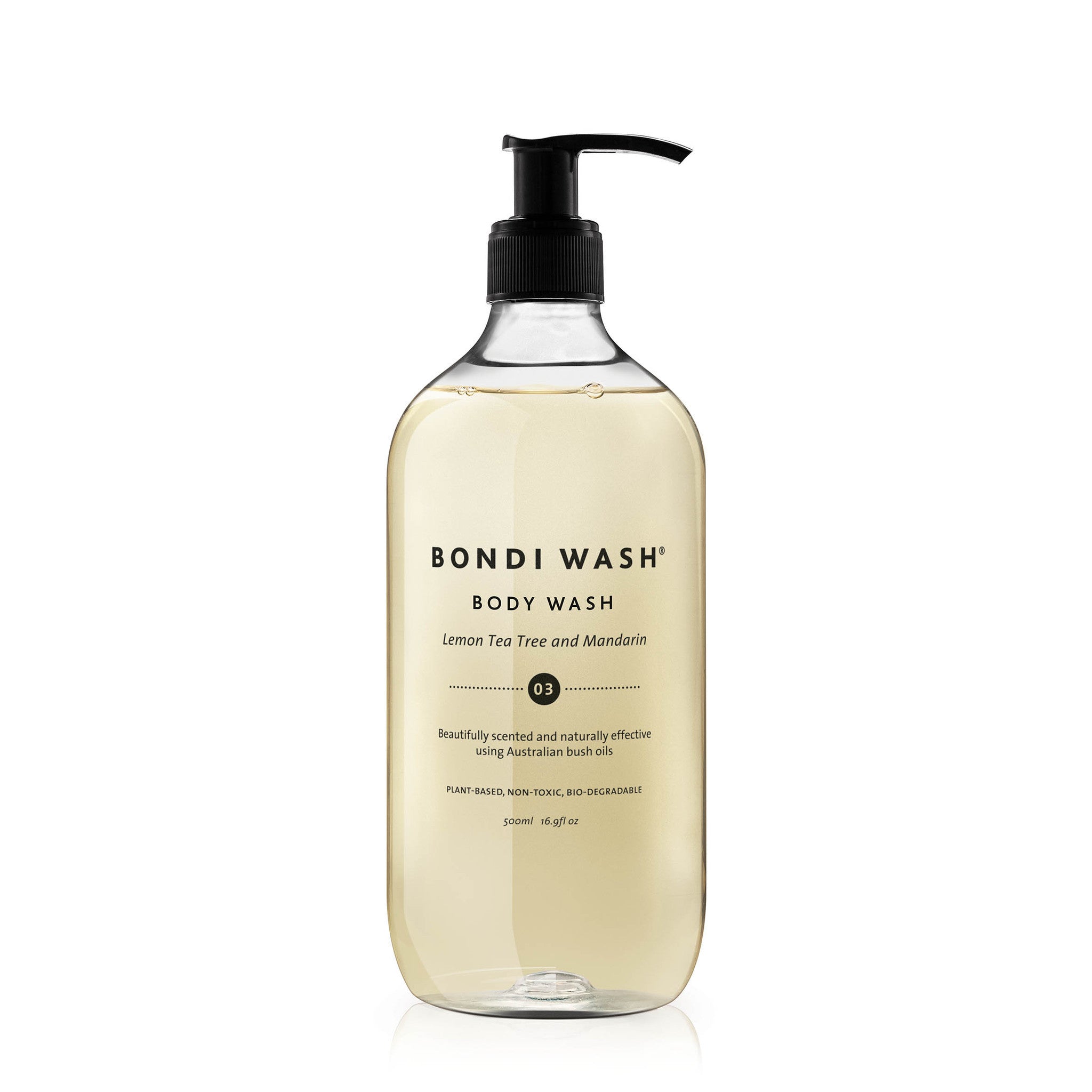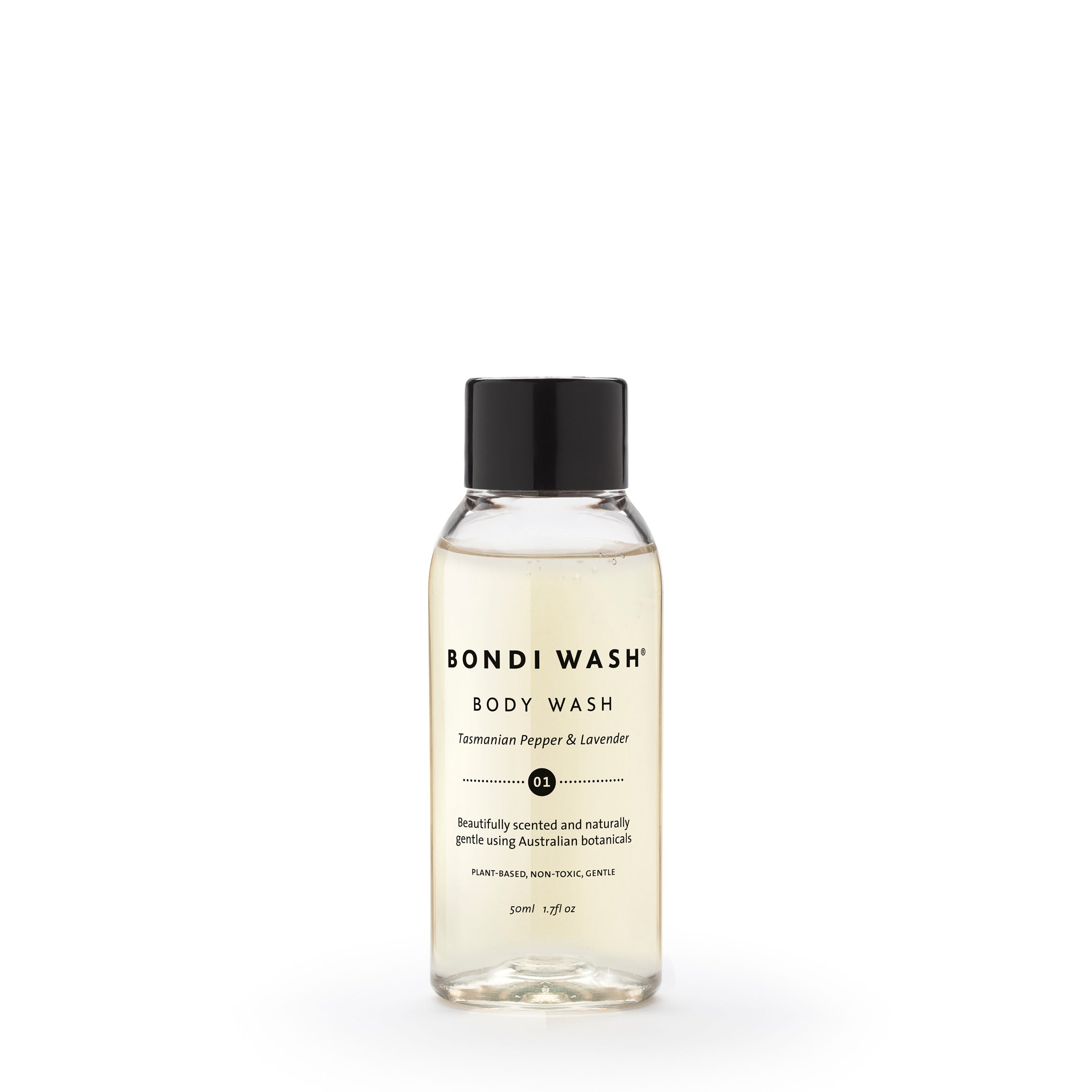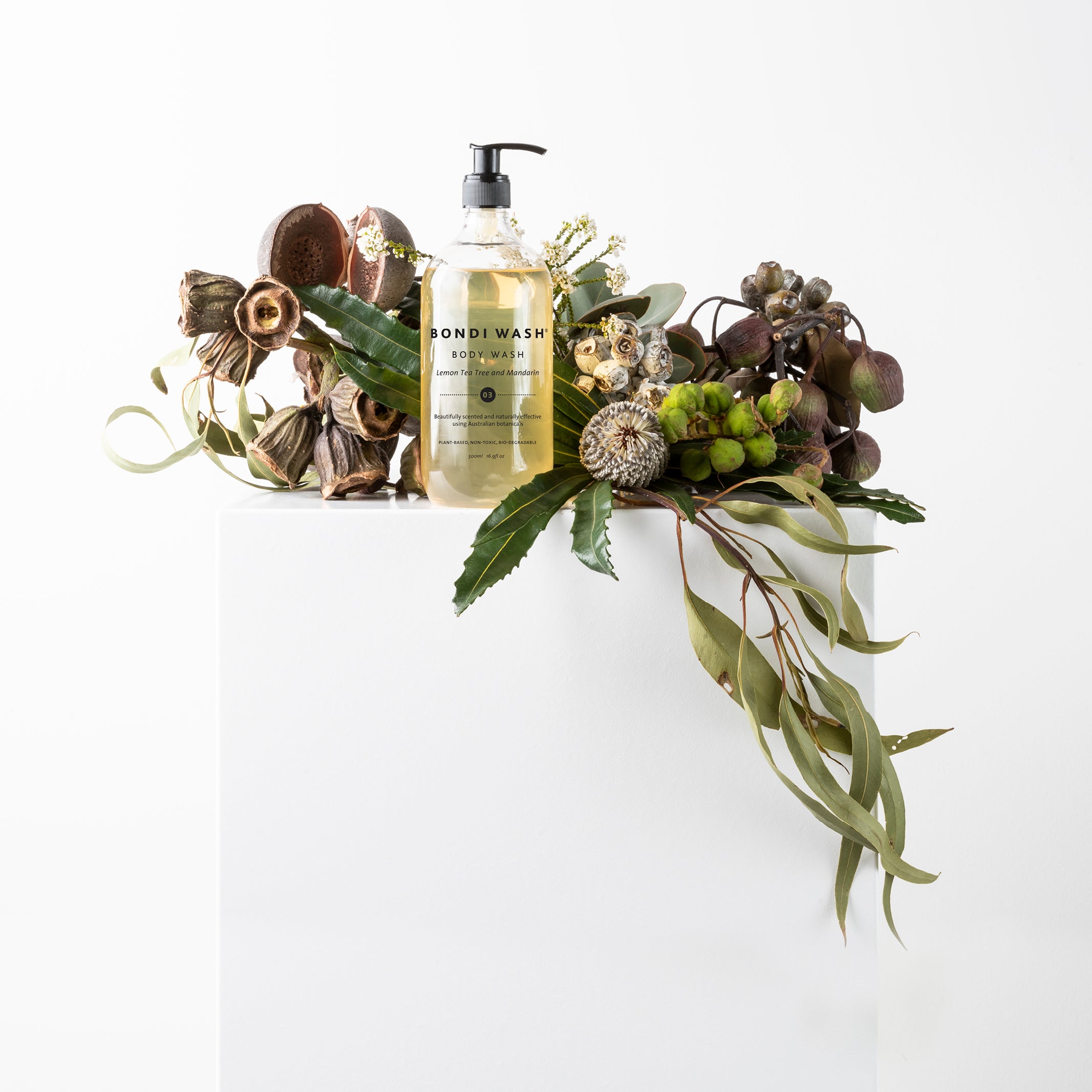Try as we might, the human pursuit to synthetically replicate nature appears to be impossible.
Synthetic molecules are inherently different from natural ones, a discovery first made in nineteenth-century Paris. To this day, scientists still cannot explain why there is always a difference between synthetic and natural molecules, but know it exists.
In her book, Elixir: A Parisian Perfume House and the Quest for the Secret of Life, author, Theresa Levitt tells the story of Jean-Baptiste Biot and August Laurent, who in the 1830s had both worked with perfumer, Edouard Laugier at Laugier Pere et Fils, the oldest perfume house in Paris. Both chemists were convinced that there were differences between living and non-living matter, however, their unconventional views were often ridiculed in a time when the special nuances of life were not fully understood.
As perfume production was a precise and skilled operation, often involving many ingredients in great volume, exact timing and a variety of maceration and infusing techniques it was expensive and time-consuming to produce. With the rise of industrialisation in the nineteenth-century chemists discovered ways to create synthetic versions of popular scents using petrochemicals. Costs were reduced and production processes accelerated, making this wondrous product more affordable and accessible – but not exactly the same.
Exploring the crucial role of perfume in eighteenth and nineteenth-century France, Elixir reveals the purported restorative powers and health benefits of perfume, thought to support growth and vitality and even prevent headaches.
When discussing the book in an article by Harvard University Press, Levitt recounted, "There are letters from Pasteur’s father telling him to put drops of cologne in his hair to keep from getting headaches while he studied. And Napoleon went through nearly a bottle a day, crediting it with giving him superhuman energy. Marie Antoinette, meanwhile, was so concerned with being surrounded by fine scents, that she used perfume not only on herself, but also on the sheep and cows she kept at her Petit Trianon retreat."
Such was the significance of perfume in life at Versailles, an entire industry was devoted to the production of fragrant plants so courtiers could be supplied with signature scents to fragrance their bodies, wigs, fabrics and rooms.
Reflecting on the importance of perfume during this time, Elixir follows the work of scientists, Biot and Laurent and their teenage assistant, Louis Pasteur, who went on to show that their theories on living matter were not only correct but revealed an inexplicable asymmetry in the molecular arrangement of living things.
A fascinating insight into the very essence of life, Elixir investigates the marvels of nature, the essence of life and the revelation that natural perfumes cannot be replicated in a lab, affirming their unique and valued place in today’s fragrance market.
Source: unsplash.com / Christin Hume

